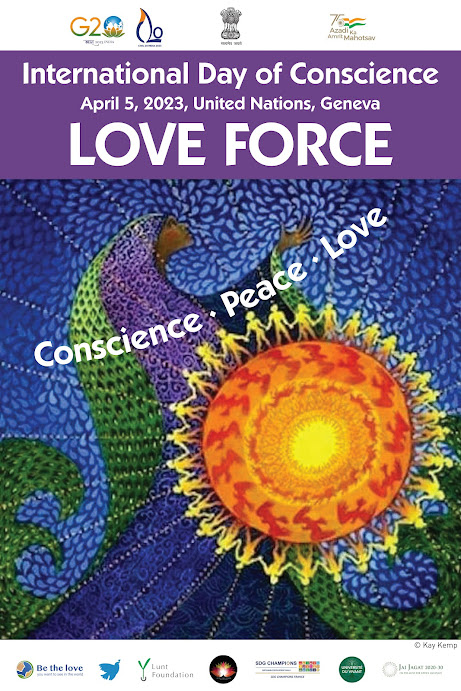Focus on the Ethics of neurotechnology.

Challenges of neurotechnology
Key data
Did you know?
1 in 8 people worldwide live with a mental or neurological disorder
700% increase of investments in neurotech companies
from 2014 to 2021 making the overall investment amount to USD 33.2 billion Of 1400 neurotech companies
50 % are based in the USA, 35% in Europe and the UK
Neurotechnology and artificial intelligence
Neurotechnology and artificial intelligence (AI) have become increasingly intertwined. This presents new challenges. Ethical and human rights implications are amplified further by this rapid convergence.
In addition, the worldwide lack of solid governance and regulation in this area is worrisome.
Neurotechnology and artificial intelligence (AI) have become increasingly intertwined. This presents new challenges. Ethical and human rights implications are amplified further by this rapid convergence.
In addition, the worldwide lack of solid governance and regulation in this area is worrisome.

© Ryzhi / Shutterstock.com
Use of neural dataCompanies can use neural data obtained from non-invasive neurotech devices for marketing purposes. By detecting signals related to our preferences and dislikes, these companies can influence customer’s behavior for profit maximization. This raises alarming questions about surveillance, marketing tactics, and political influence on our most private thoughts and emotions, ultimately threatening our democracies and the foundations of society.
Social inequalitiesThe deployment of neurotechnology could also exacerbate existing social inequalities. If access to advanced neurotechnology is limited to the wealthy, it could further increase the gap between this social group and others, whether at the international, national or local level. This can lead to social tensions and conflict.
UNESCO’s Recommendation on the Ethics of AI
together with other existing human rights instruments, constitutes a solid foundation for the development of a global normative framework on ethical governance of neurotechnology (see Policy Area 11 on Health and social wellbeing, para. 126).
Towards an international instrument: Neuroethics insights from the Ad Hoc Expert Group

Professor Pedro Maldonado Arbogast

Dr. Herve Chneiweiss

Professor Riadh Gouider

Dr. Ioana Podina
IBC Report on Ethical issues of neurotechnology
UNESCO is a leading force within the UN system on neurotechnology.
This Report of the International Bioethics Committee of UNESCO on Ethical issues of neurotechnology reveals the multifaceted impacts of advancements in technologies that “read” and “write” brain activity. Through investigating the intersection between neurotechnology, ethics and human rights, it identifies fundamental human characteristics and associated human rights that might be challenged by the development of this technology. The Report puts forth recommendations to stakeholders at various levels, calling upon UNESCO, Member States, the research community, the industry, the media and the general public to take various actions to address the identified challenges and guarantee neuro-rights.

-








Comments
Post a Comment